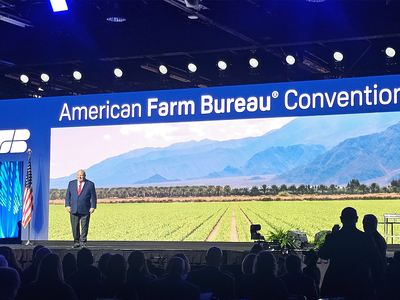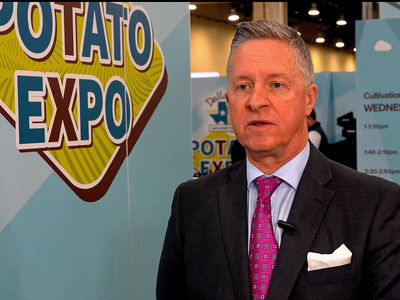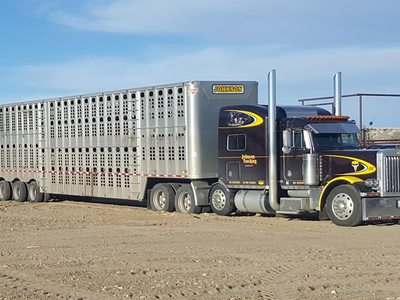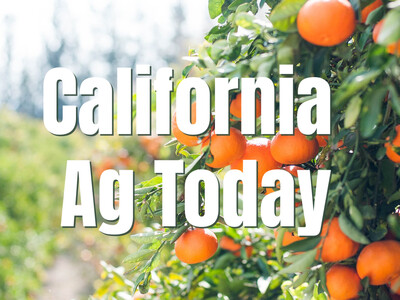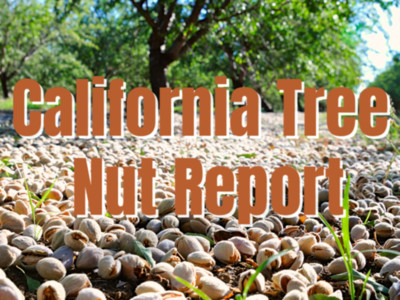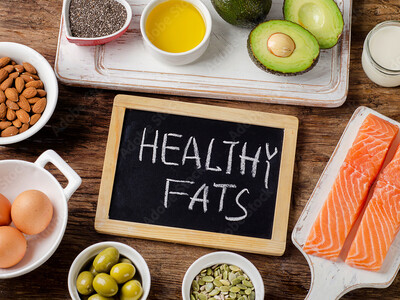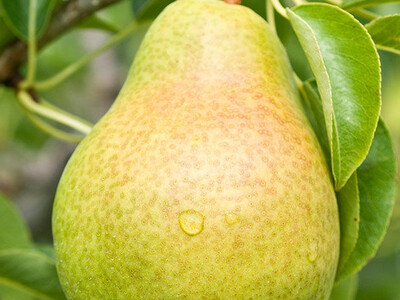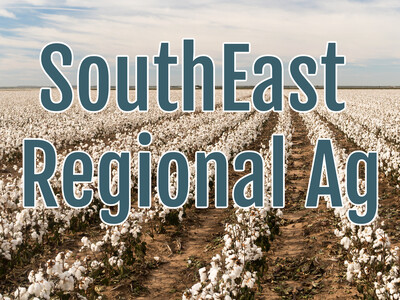USDA Opens 2020 Enrollment for Agriculture Risk Coverage and Price Loss Coverage Programs
Agricultural producers now can enroll in the Agriculture Risk Coverage (ARC) and Price Loss Coverage (PLC) programs – two U.S. Department of Agriculture (USDA) safety net programs – for the 2020 crop year. Meanwhile, producers who enrolled farms for the 2018 crop year have started receiving more than $1.5 billion for covered commodities for which payments were triggered under such programs.“These two programs provide income support to help producers manage the ups and downs in revenues and prices,” said Richard Fordyce, Administrator of USDA’s Farm Service Agency (FSA). “USDA is here to support the economic stability of American agricultural producers by helping them maintain their competitive edge in times of economic stress. We encourage producers to consider enrolling in one of these programs.”
ARC provides income support payments on historical base acres when actual crop revenue declines below a specified guaranteed level. PLC provides income support payments on historical base acres when the effective price for a covered commodity falls below its reference price. The 2018 Farm Bill reauthorized and updated both programs.
Signup for the 2020 crop year closes June 30, 2020, while signup for the 2019 crop year closes March 15, 2020. Producers who have not yet enrolled for 2019 can enroll for both 2019 and 2020 during the same visit to an FSA county office.
ARC and PLC have options for the farm operator who is actively farming the land as well as the owner of the land. Farm owners also have a one-time opportunity to update PLC payment yields beginning with crop year 2020. If the farm owner and producer visit the FSA county office together, FSA can also update yield information during that visit.
Covered commodities include barley, canola, large and small chickpeas, corn, crambe, flaxseed, grain sorghum, lentils, mustard seed, oats, peanuts, dry peas, rapeseed, long grain rice, medium and short grain rice, safflower seed, seed cotton, sesame, soybeans, sunflower seed and wheat.





